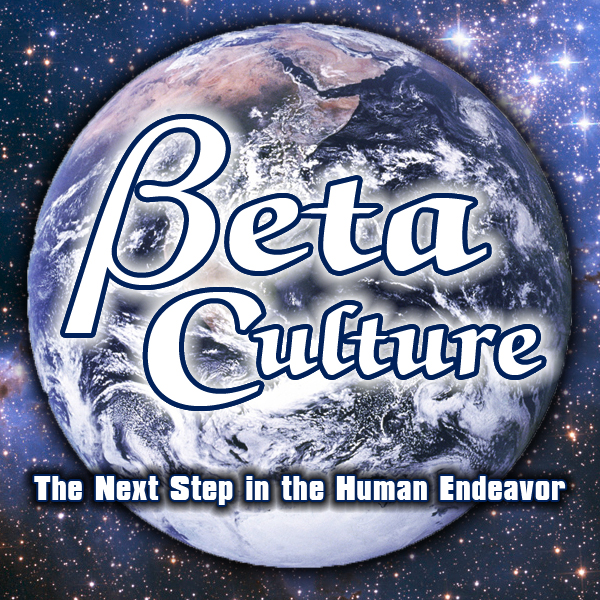 Nolan, frequent and intelligent commenter here at Patheos (I’ve just discovered you can click on the name of the person leaving a comment, and see their many contributions here and elsewhere on the network), replied to my “13 Early Questions” post:
Nolan, frequent and intelligent commenter here at Patheos (I’ve just discovered you can click on the name of the person leaving a comment, and see their many contributions here and elsewhere on the network), replied to my “13 Early Questions” post:
My initial reaction, even after reading your response in point 9, is that Beta Culture is more or less the same thing as humanism. Given the rarity of people who think like humanists, and the difficulty of starting new movements from scratch, I think it would be better to lend your support and ideas to Humanism, instead of trying to reinvent the wheel.
Humanism is close enough that even if you have some disagreements, joining that movement may allow you to influence Humanism (it does change a little each time a new Humanist Manifesto is released).
I started a reply comment, but ended up with more than 500 words, so decided to turn it into a full-length post.
I’m also realizing I’ll want to bring certain discussions out of comments and display them on the first page here so they can be seen by everybody, and addressed as the separate subjects they will be. So:
Nolan:
I have good feelings about Humanism. But I think what I’m picturing is something a bit larger, an active, growing Culture that goes beyond personal philosophy and occupies a more assertive place on the larger social stage.
When I picture this graphically as a Venn diagram, I think of a large circle with smaller circles inside it. Beta Culture is a social entity within which Humanism can take place, but also things like Atheism-Plus, the Occupy movement, feminism, etc. It’s a vehicle to supercharge the various kinds of activism by making them the solid cultural values of every member of Beta. In other words, rather than having the current small groups pursuing Occupy goals, Beta Culture as a whole would be an Occupy activist, or a feminist, or whatever foundational values we choose to adopt. If we have 30 million Betas, we have 30 million feminist activists, 30 million take-no-shit environmentalists, 30 million people who refuse to have their children taught creationism in school.
Add to it the fact that Humanism includes numerous people who are religious, and I think there’s a clear difference. The bottom line to me as an atheist is that religion is a mind-poison that has unavoidable negative effects on the individuals who embrace it, as well as massive, still-largely-unseen effects on every society or culture based on it.
Look at the way we handle sex education and reproductive medicine in the U.S. The idea that young people shouldn’t have access to condoms, contraceptives, comprehensive sex and health education is INSANE … yet it’s a majority view which has all too slowly given ground to something more sensible.
Hell, we’ve even LOST ground in some crucial ways. See “Why Have So Many States Banned Abortions?” Ten states in the U.S. have a de facto abortion ban, and the movement to make it nationwide is gaining steam every day.
But if you establish your own culture, you can set sexual health and reproductive choice into it as core values, right from Day One. Every Beta kid would know how his/her body worked, learning not only HOW not to have babies at the age of 15, but WHY. And would have the physical tools to ensure successful application of the knowledge.
Beta is the product of a solidly non-religious mindset. Another mental picture I’ve had in my conceptual work is that of a stepped pyramid. Feminism, environmentalism, etc., would occupy higher levels of the pyramid, but the foundation of the thing, the several massive levels at its base, would be atheism — the uncompromising rejection of religious, mystical or superstitious mindsets.
The need Beta Culture fills, as I see it, is to provide a place, for the first time ever in history, for uncompromising rational thinkers. A place for them to start fresh and build something new, based on rational thought, rather than to inherit this societal fixer-upper we’re otherwise going to get, with the active termite-infestation of religion and the powdery dry rot of irrational thinking all through it.
You and I may feel good about being individual atheists, but everything around us, including our language, social systems, entertainment, so much, much more, is tainted by thousands of years of religion. Yes, we have to live in this world, but nothing says we can’t establish a unique social enclave of our own, choosing our own path, creating unique new solutions to social problems rather than adopting existing ones and trying to make ourselves fit them.

